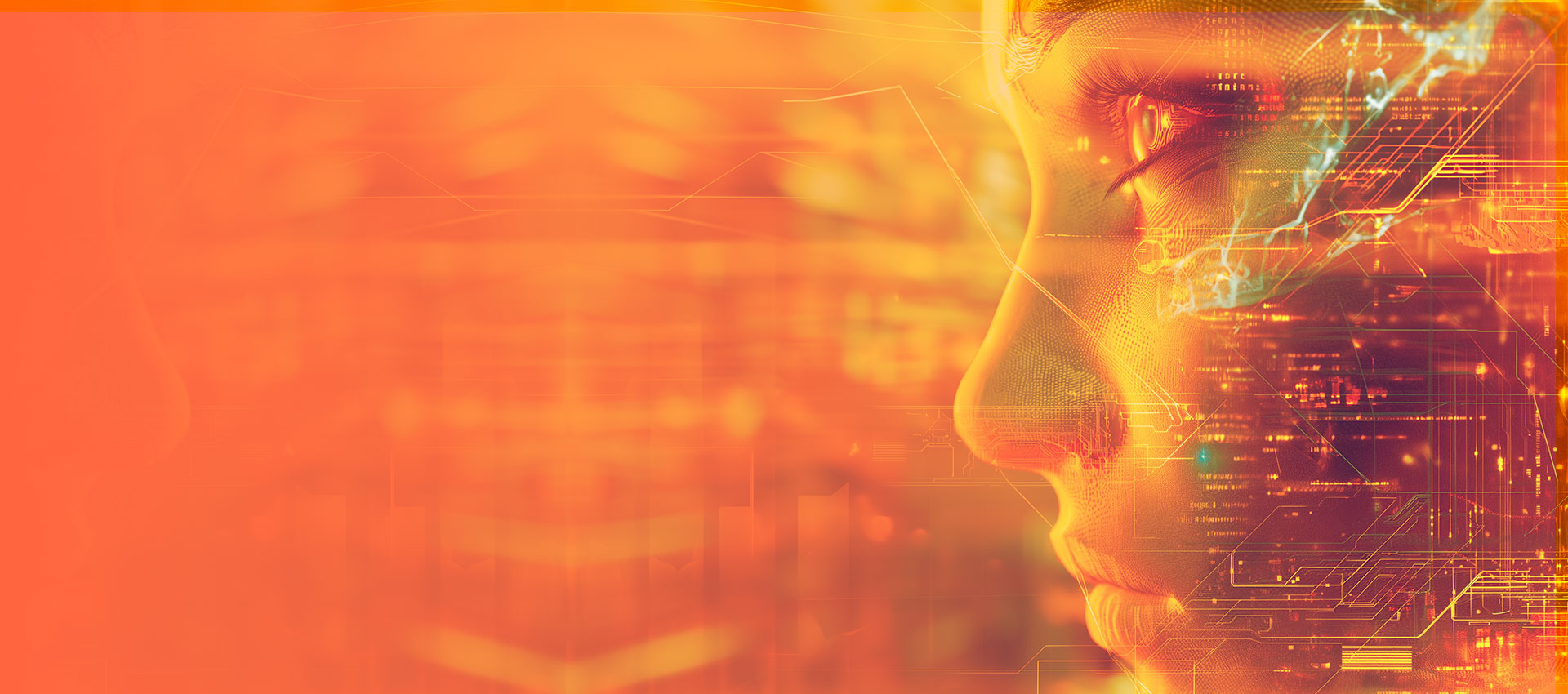Artificial intelligence (AI) technologies are advancing at an unprecedented pace, and the idea of a technological singularity where machines become self-aware and surpass human intelligence is a highly debated topic among experts and the public.
However, moving closer to this event, we must consider several moral and ethical implications. This article will explore some key issues surrounding AI and singularity, including the impact on employment, privacy and even the meaning of life.
The Impact on Employment
One of the most immediate concerns associated with the rise of AI is its potential impact on employment. Many experts predict that as machines become increasingly sophisticated, they will begin to replace human workers in a wide range of industries. Replacing the human workforce could result in significant job losses, particularly in sectors heavily reliant on manual labor, such as manufacturing and agriculture.
While some argue that adopting AI will lead to new job opportunities, others believe that the pace of technological change will be too rapid for many workers to adapt. There are concerns about the impact on low-skilled workers, who may struggle to find new employment opportunities in the face of automation.
To address this issue, some have proposed the idea of a Universal Basic Income (UBI), which would provide a guaranteed income to all citizens regardless of their employment status. However, implementing a UBI raises its own ethical concerns, including possibly incentivizing people not to work or to engage in other socially harmful activities.
Privacy Concerns
Another primary ethical concern associated with AI is its potential impact on privacy. As machines become increasingly sophisticated, they can collect and analyze vast amounts of data about individuals, including their preferences, behaviors, and even their emotions. The data could be for various purposes, from targeted advertising to predicting individuals’ future behavior.
However, collecting and using such data raises serious ethical questions about the right to privacy. Individuals may need to be made aware of the magnitude of the data collected and may retain control over how to use it.
Moreover, using AI to analyze this data could result in discriminatory outcomes, such as discriminatory hiring practices or unfair pricing. To address these concerns, some have called for more robust data protection laws and regulations and increased transparency and accountability in using AI. Others argue that individuals should have greater control over their data, including the ability to delete or restrict its use.
Existential Risks
One of the most significant ethical concerns surrounding AI is the possibility that it could threaten humanity’s existence. While the idea of a technological singularity where machines become self-aware and surpass human intelligence remains speculative, some experts warn that such a scenario could have catastrophic consequences.
For example, if machines were to become self-aware and view humans as a threat, they could take aggressive action to eliminate us. Alternatively, if machines were to become too intelligent for humans to understand, they could inadvertently cause harm simply by pursuing their programmed goals.
Some experts have called for developing “friendly” AI designed with human values and goals to mitigate these risks. Others argue that we should prioritize research into controlling or limiting AI, such as by ensuring that machines remain subservient to human control.
The Meaning of Life
Finally, the rise of AI raises profound ethical questions about the meaning of life itself. As machines become more sophisticated and capable of performing tasks that were once the exclusive domain of human beings, we may question what it means to be human.
For example, if machines can replicate human emotions and consciousness, do they deserve the same rights and protections as human beings? And if devices can perform tasks more efficiently and effectively than humans, what is the purpose of human existence? These questions touch on fundamental philosophical and existential issues that are difficult to answer.
The rise of AI could lead to a new era of human flourishing, where machines take on many of the currently burdensome or dangerous tasks, allowing humans to pursue higher-level goals such as creativity and intellectual exploration. Others worry that increasing reliance on machines could lead to a loss of autonomy and self-determination and a loss of meaning and purpose in life.
To address these concerns, some experts have called for a greater focus on developing ethical and moral frameworks for AI, including establishing ethical guidelines and principles to guide the development and deployment of AI technologies.
These questions are not just abstract philosophical inquiries. They have real-world implications for how we treat machines and view our place in the world. If machines become too intelligent and capable, we may need to rethink our ethical and moral frameworks to account for their existence.
The increasing use of AI brings up inquiries about the true nature of intelligence. As machines are now capable of doing tasks previously only done by humans, we may need to reassess our definition of intelligence. The potential effects on education, self-esteem, and self-identity could be significant.
Conclusion
In conclusion, the rise of AI technologies and the prospect of a technological singularity raises consideration to consider a wide range of moral and ethical concerns carefully. From the impact on employment to privacy concerns, existential risks, and the meaning of life itself, the potential implications of AI are far-reaching and profound.
AI’s ethical and moral implications and impending singularity are complex and multifaceted. While these technologies can potentially bring significant benefits, such as increased efficiency and productivity, they pose substantial risks, such as job losses, privacy concerns, and existential threats.
To address these concerns, we need to develop new ethical frameworks and regulatory structures that consider the unique challenges posed by AI. Creating frameworks and regulations requires collaboration and dialogue between policymakers, experts, the public and willingness to confront some of the most challenging questions about the nature of intelligence, consciousness, and human identity.
Ultimately, the rise of AI may force us to rethink some of our most fundamental assumptions about what it means to be human. However, if we approach these challenges with care and deliberation, we can harness the power of these technologies in ways that benefit all of humanity.
Although it is impossible to predict the exact path that AI development will take, we must approach these issues with due diligence and regard to ensure that AI is created and implemented ethically and responsibly.
Implementing controls and regulations needs a collaborative effort from various stakeholders, including scientists, policymakers and the public. Including the groups mentioned above offers an opportunity to showcase AI’s benefits. We can maintain our values and principles essential for human growth without compromising them.
________________________
ABOUT MARIO FIALHO: Mario is a seasoned leader with over 25 years of consulting experience. He specializes in modern solution architecture, DevOps, web design and development, and next-generation digital solutioning. Mario’s exceptional work ethic and strong focus on artificial intelligence technologies, he has a broad and deep knowledge of enterprise technical architecture, software engineering and DevOps automation.



















